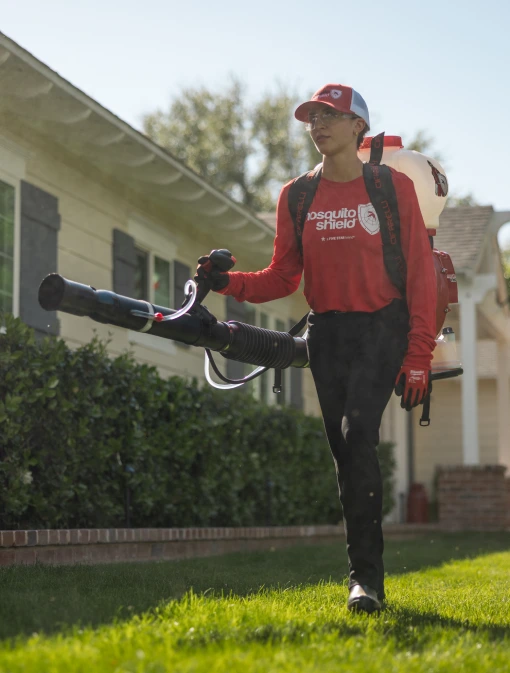Experience relaxation and peace in your backyard with our proven mosquito control solution. Trusted by families in Bloomingdale, our innovative approach not only repels mosquitoes but also establishes a durable barrier customized to your outdoor environment. Mosquito Shield of Savannah is dedicated to creating mosquito-free zones, so you can enjoy your outdoor spaces without interruption.

Effective mosquito control in Bloomingdale, GA, that drives mosquitoes away and keeps them out of your yard.

Enjoy mosquito-free outdoor time in Bloomingdale with treatments designed to provide lasting results.
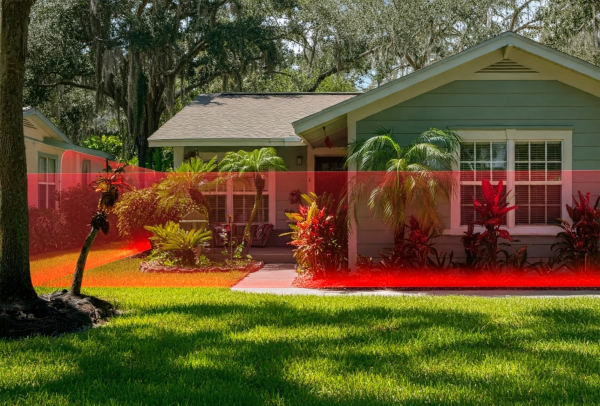
Highly rated mosquito control services in Bloomingdale, trusted by residents to enhance outdoor living.
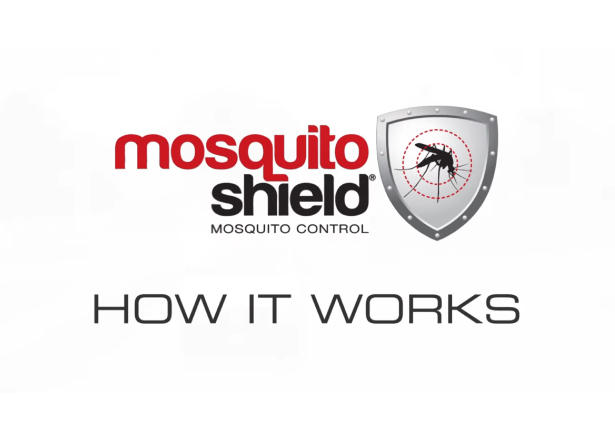
Bloomingdale, Georgia, is a small city in Chatham County, part of the Savannah metro area, known for its quiet neighborhoods and proximity to coastal wetlands and the Savannah River corridor. With easy access via Interstate 16 and a community feel just west of Pooler, Bloomingdale offers a blend of suburban comfort and natural surroundings. However, its coastal plain environment, warm climate, and nearby wetland features create ideal conditions for mosquito and tick activity—particularly during Georgia’s long warm seasons.
Bloomingdale’s combination of wooded lots, marsh boundaries, and residential areas provides a breeding ground for mosquito populations to flourish.
Health concerns in Bloomingdale include mosquito-borne diseases like West Nile Virus, Eastern Equine Encephalitis, and occasional dengue cases, as well as tick-borne illnesses such as Rocky Mountain Spotted Fever. These risks emphasize the necessity of proactive pest management to keep outdoor spaces safe for families.
Local efforts have focused on:
As a trusted mosquito control provider, we work alongside Bloomingdale residents to reduce pest activity with proven treatments and expert advice. Consistent professional service combined with community engagement is key to maintaining Bloomingdale’s livability and protecting its outdoor-rich lifestyle.

The weather in Bloomingdale plays a significant role in mosquito and tick activity. Georgia’s mosquito season runs from around March through October, with peak activity June–October driven by hot, humid summers and frequent thunderstorms—especially after rainfall that leaves standing water behind. Ticks are most active from April through September in brushy and wooded areas. Mild winters often allow some pest activity year-round.
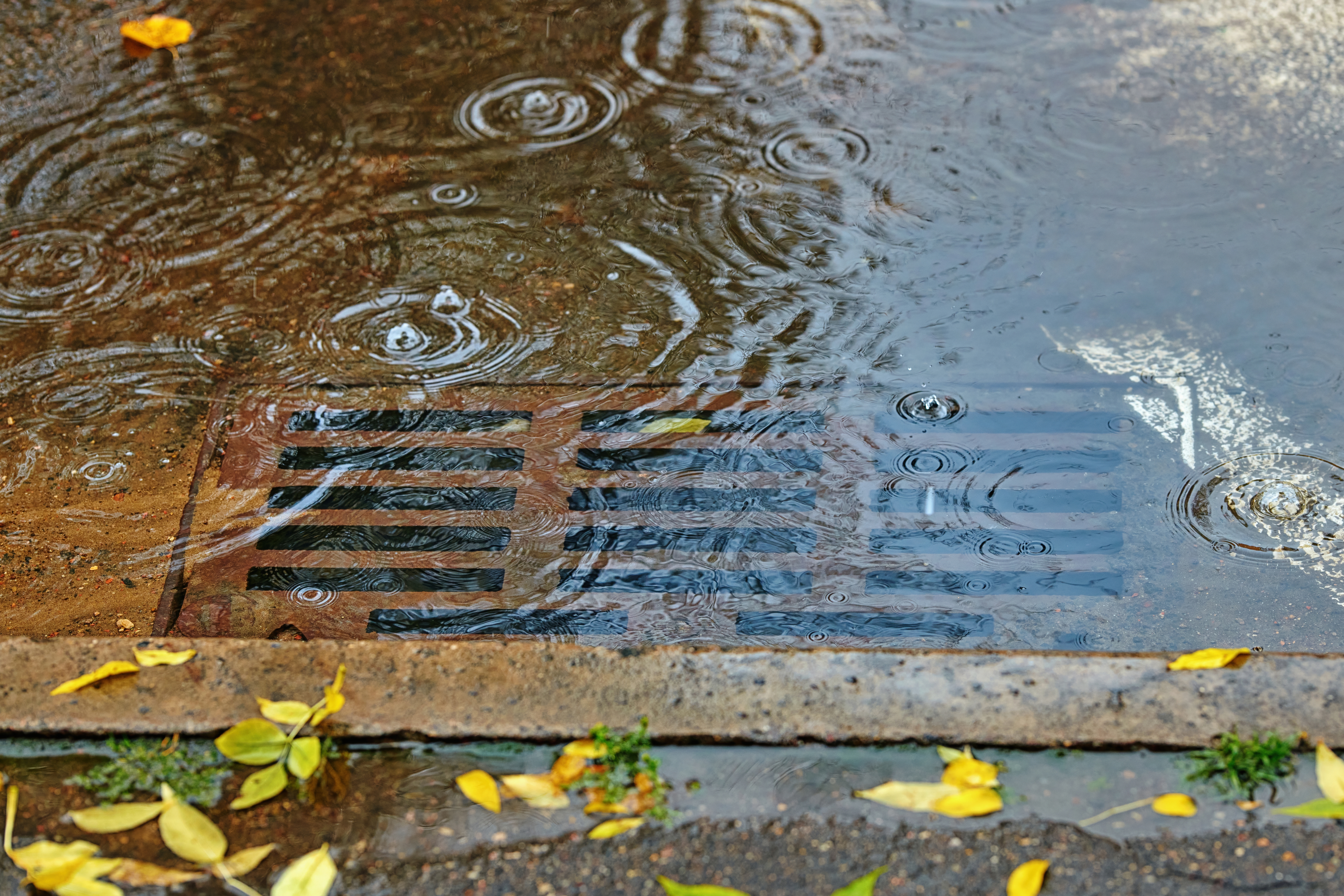

Identification: Small, dark brown to black mosquito with white scales on the thorax and legs.
Habitat: Breeds in natural containers like tree holes and artificial containers such as tires.
Behavior: Daytime biter; females are aggressive and primarily feed on mammals.
Health Risks: Primary vector of La Crosse encephalitis virus.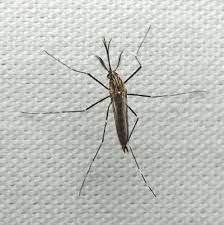
Identification: Medium-sized, dark mosquito with bronze-colored scales and distinct white markings on the legs and thorax.
Habitat: Prefers artificial containers, rock pools, and tree holes.
Behavior: Active during the day; feeds on mammals and birds.
Health Risks: Potential vector for West Nile virus and La Crosse encephalitis.
Identification: Medium-sized with a brown body and white bands on the abdomen and legs.
Habitat: Breeds in temporary floodwaters, such as rain pools and marshes.
Behavior: Nocturnal; females are persistent biters of mammals.
Health Risks: Potential vector for West Nile virus.
Identification: Small to medium-sized, light brown mosquito with unbanded legs and a blunt abdomen.
Habitat: Breeds in stagnant water sources like ditches, storm drains, and containers.
Behavior: Active during dusk and dawn; females prefer avian hosts but will bite humans.
Health Risks: Primary vector of West Nile virus.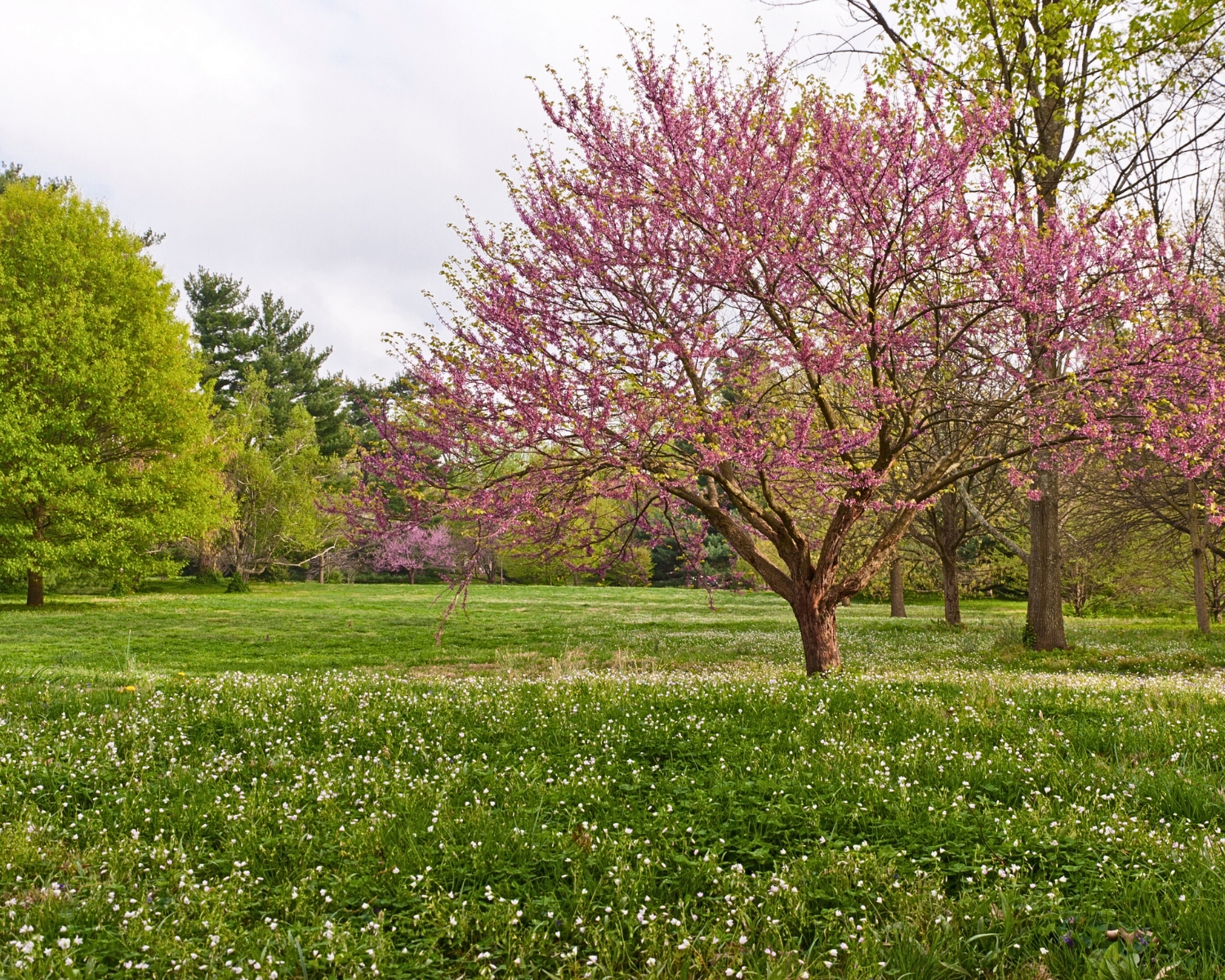
Key Activity: Mosquito season kicks off with spring rain and rising temps.
Breeding: Pollen-clogged gutters, overwatered lawns, and yard waste bins trap standing water.
Common Species Active: Aedes aegypti and Culex quinquefasciatus begin emerging.
Behavior: Biting starts in early mornings and evenings, particularly near shaded patios and greenbelt trails.

Key Activity: Peak mosquito season—hot, muggy conditions dominate.
Breeding: Standing water builds up fast around AC drip lines, pool covers, or kids' toys left outside.
Common Species Active: Aedes albopictus, Aedes aegypti, and Culex quinquefasciatus are all highly active.
Behavior: Expect all-day biting in areas like Bloomingdale.
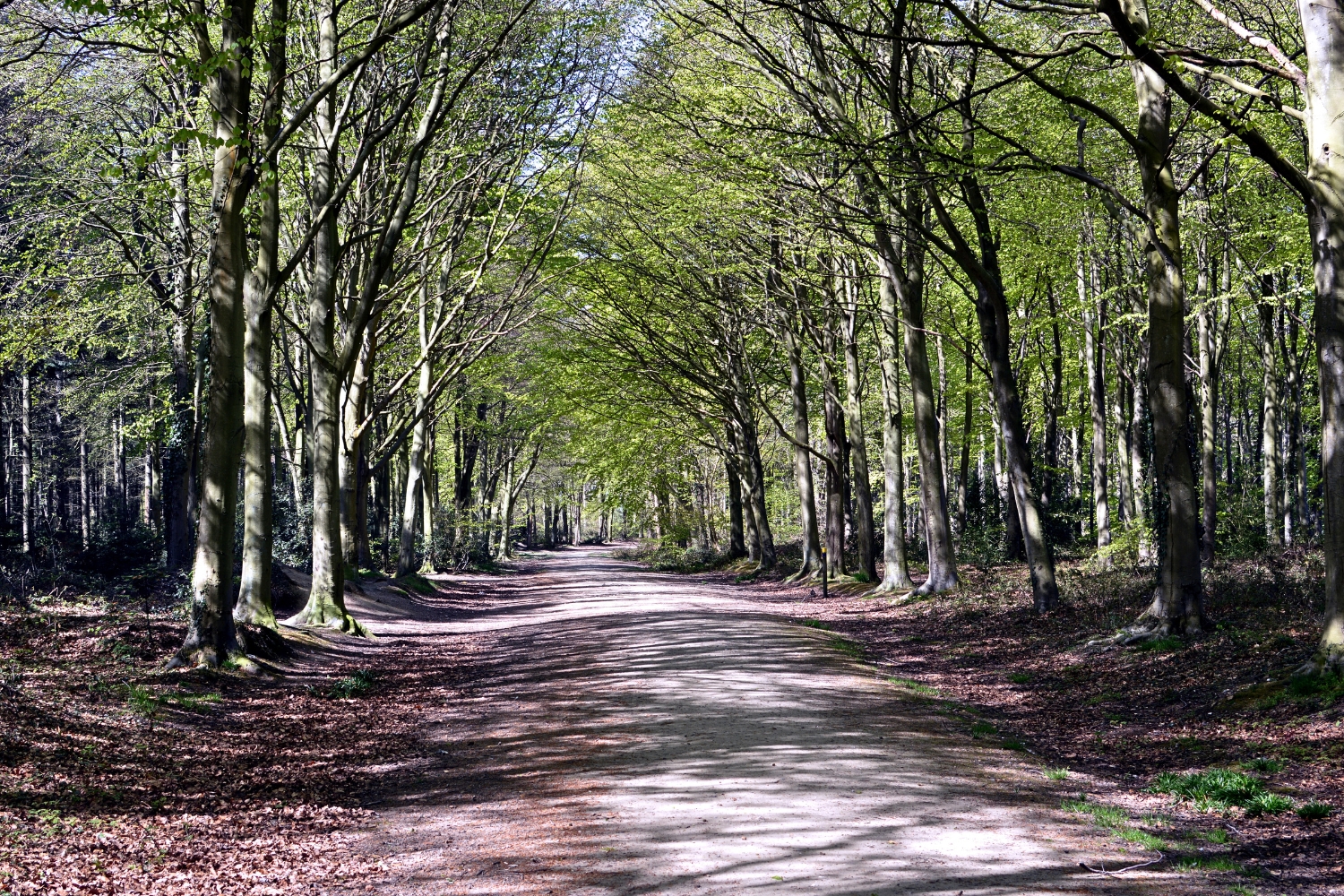
Key Activity: Mosquito activity declines but doesn’t disappear until first cold snap.
Breeding: Rain and falling leaves keep gutters and low points damp.
Common Species Active: Culex and Aedes species still linger.
Behavior: Warm fall afternoons can still bring biting pressure in wooded or shaded spots.

Key Activity: Cold slows mosquitoes, but activity doesn’t drop to zero.
Eggs: Aedes eggs survive dry spells and hatch come spring rains.
Adults: Culex adults may overwinter in sheds, basements, or crawlspaces.
Behavior: After a warm February rain, expect a brief mosquito resurgence.
